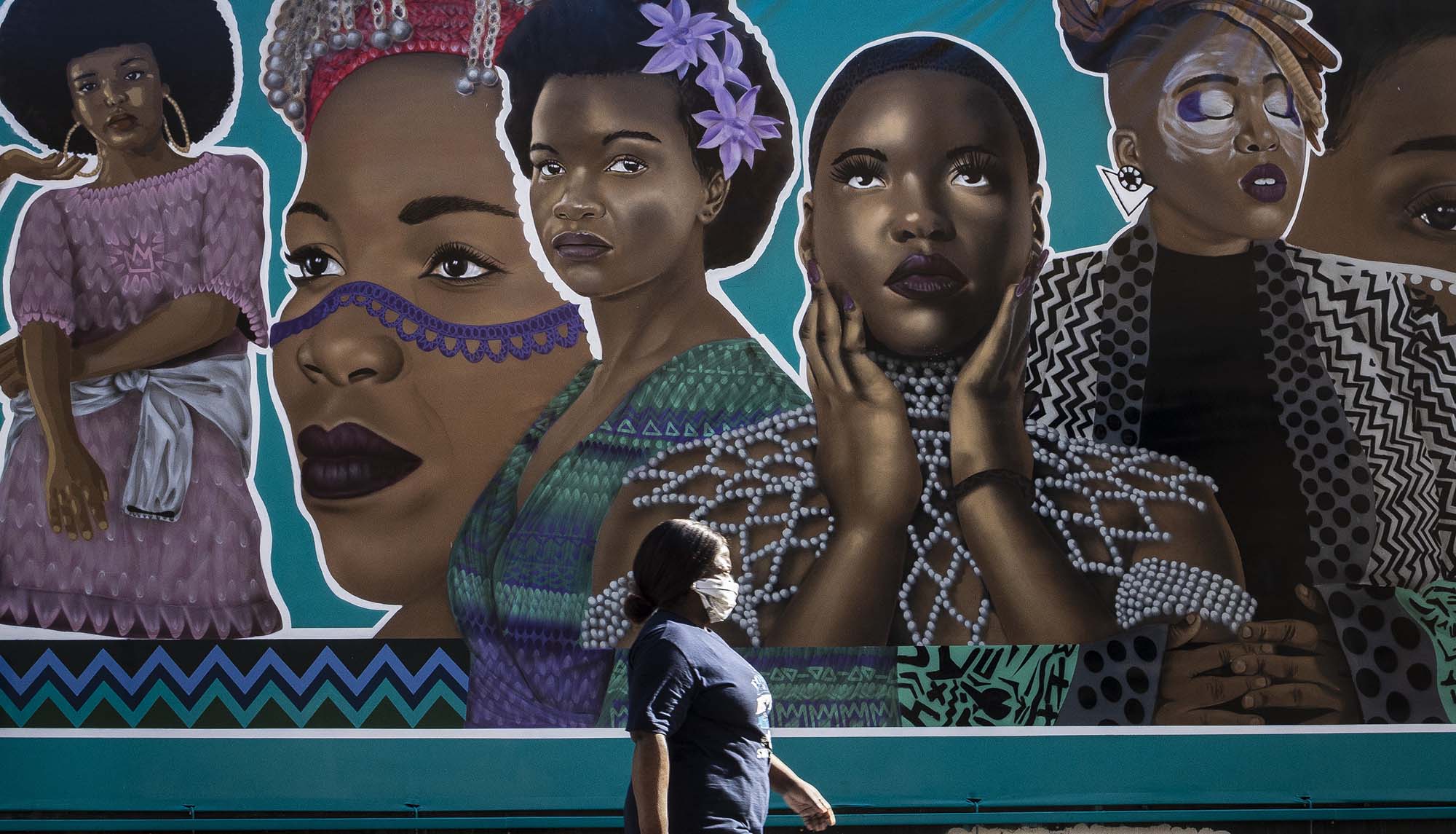Even though women make up half of the world’s population, their health needs have been historically and consistently marginalised. In recent years, just 4% of all biopharma R&D (research and development) spending has gone towards female-specific conditions.
A combination of historical biases, outdated policies and persistent funding gaps remain the main barriers to equity in health research and innovation.
Even when funding is available, cultural norms, socioeconomic factors and mistrust of the healthcare system mean there still aren't enough women – particularly black women – in clinical trials for new solutions.
This legacy of exclusion has left a void in our understanding of women’s health, underscoring the urgent need for inclusive research and targeted investments.
The impact of these disparities is evident – despite living longer than men, women spend 25% more of their time in poor health. Conditions like endometriosis, a debilitating gynaecological disorder, often go undiagnosed and untreated due to a lack of research and awareness.
Autoimmune disorders, which disproportionately affect women, also suffer from insufficient research and funding. Maternal health is another critical area where funding disparities have devastating consequences. Despite progress in reducing maternal mortality rates, sub-Saharan Africa still accounts for two-thirds of global maternal deaths.
Equitable funding in women’s health research is not merely an act of fairness; it is imperative for advancing healthcare for all genders and fostering economic prosperity across Africa, and the world.
The current funding landscape, where women’s health issues receive disproportionately less attention and resources, perpetuates a cycle of inequality, hindering progress and undermining outcomes for all. A recent report by the World Economic Forum estimates that closing this gender gap in health could unlock a global economic boost of at least $1-trillion by 2040.
Healthy women are the foundation of healthy families, vibrant communities and prosperous economies. Already, new technology is helping to advance tailored healthcare for women, including digital tools that are transforming menstrual and menopause management.
In South Africa, the LoveLife Trust and Unicef launched the Oky app, prioritising women’s health and empowerment nationwide. Leveraging LoveLife’s network, Oky aims to reach young women, including those with disabilities, in all nine provinces. The app provides menstrual health information in a creative, engaging and positive manner directly to users via their phones.
Innovations like noninvasive prenatal testing (NIPT) are improving prenatal care and early detection of genetic disorders. South African companies like Next Biosciences are enhancing accessibility to NIPT, showcasing local innovation and overcoming resource constraints.
However, much more needs to be done to address the funding and research gaps in women’s health and innovation.
Governments across Africa (and globally) must prioritise funding for women’s health research. This includes allocating resources to support clinical trials, research projects and programmes that address the unique health needs of women.
The private sector also has an important role to play; the women’s health space has extraordinary market potential and is ripe for new investments from groups like pharmaceutical companies, healthcare providers and technology companies.
Many philanthropic organisations have already been instrumental in catalysing efforts to improve women’s health globally. However, more coordination and support are needed to fill the funding gaps and accelerate progress.
Similarly, research institutions like the South African Medical Research Council are at the forefront of generating evidence-based solutions for women’s health challenges. Their research projects focus on various aspects of women’s health, including reproductive health, HIV/Aids and noncommunicable diseases.
One notable example is their research on pre-exposure prophylaxis (PrEP) for HIV prevention among adolescent girls and young women, which has contributed to the development of effective prevention strategies.
Collaboration between these stakeholders will be key to achieving funding parity in women’s health research. The time to advocate for this is now. By addressing funding disparities and promoting equity in healthcare research we can unlock the full potential of medical advancements to benefit everyone, regardless of gender.
Let us commit to a future where women’s health is prioritised and funded equitably, and where innovations lead to better health outcomes for all. DM
Dr Cynthia Mwase is Director: Africa Health at the Bill & Melinda Gates Foundation.
Maverick Citizen
Bridging the gender gap — prioritising funding for women’s health research is imperative




